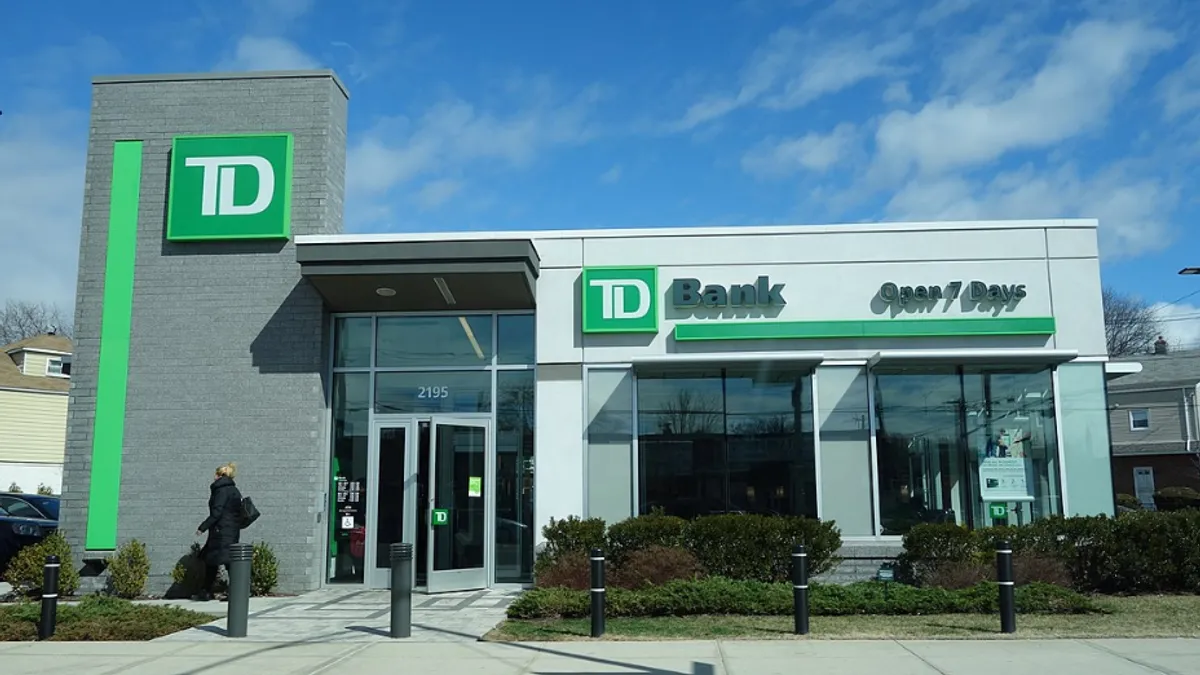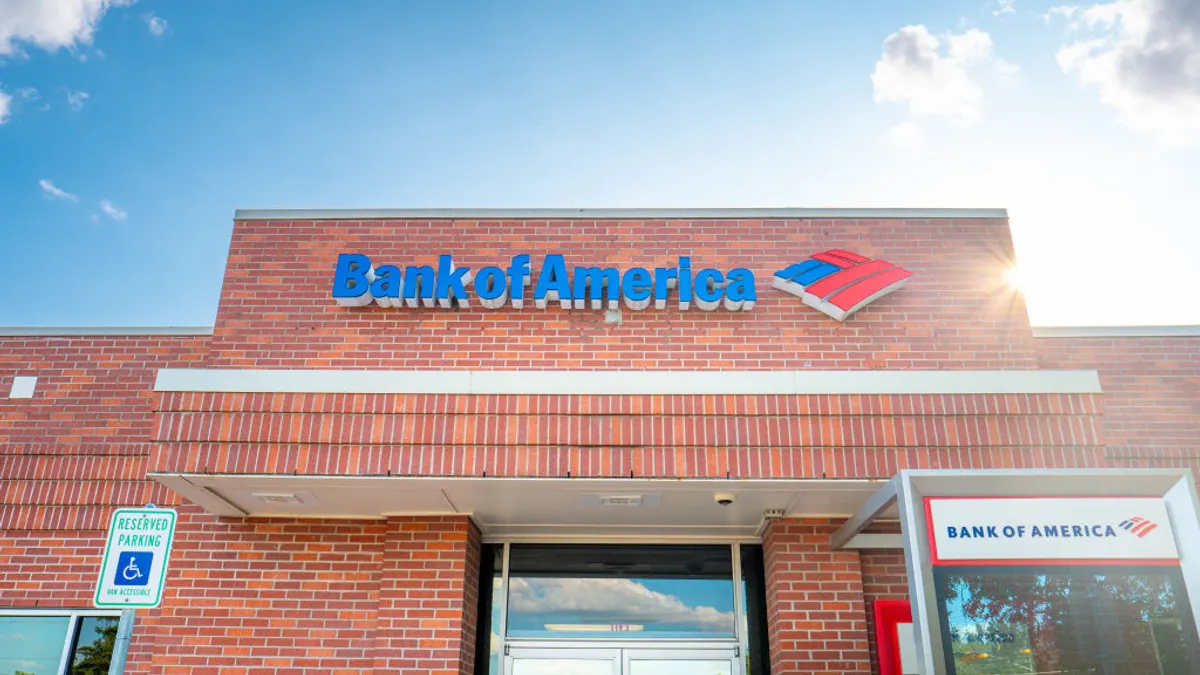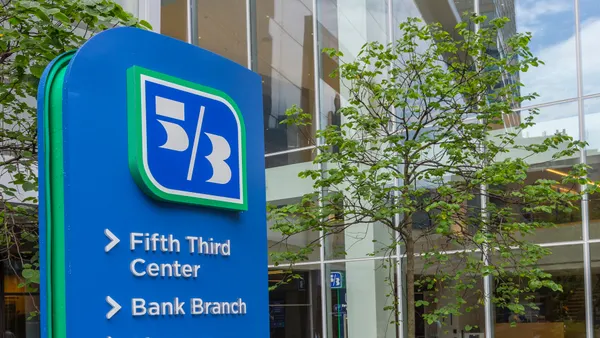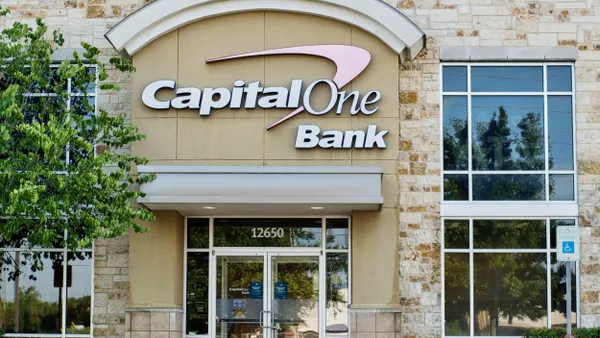TD, sometime this year, will begin letting customers overdraw their accounts by up to $50 without charging a fee, the bank said Tuesday.
The bank, also this year, is introducing low-balance alerts and a 24-hour grace period meant to let overdrawing users replenish their account to avoid a fee.
Further, TD is eliminating a fee it charges when customers with overdraft protection transfer money from their savings account.
The bank did not give a specific timeline for the rollout of these changes but said it would be phased, beginning with the $50 threshold.
The moves come as a host of banks over the past year have instituted several measures to reduce their reliance on overdraft fees. TD leans more heavily on deposit service charges than other banks its size, S&P Global found last year. The Toronto-based bank took 8.9% of its operating revenue from deposit service charges, which include overdraft fees, between July 2020 and June 2021. That's the highest percentage of any bank with $100 million or more in assets and a significant U.S. footprint, according to the research outlet.
But it's the first overdraft alternative TD has floated. It launched an account last summer, TD Essential Banking, that features no minimum daily balance requirements and doesn't allow customers to overdraft. The account, however, comes with a $4.95 monthly maintenance fee.
The bank cited the account as inspiration to deepen its push in the overdraft-free arena. "Customer response to Essential Banking encouraged us to go further in providing valuable financial supports and safeguards across our consumer deposit accounts," Matt Boss, TD's head of consumer deposits, products and payments, said in a release Tuesday. "These policy changes are the next step in evolving our product offerings."
The 24-hour grace period is hardly unique. Wells Fargo and U.S. Bank last month each said they would introduce their own version to help customers avoid an overdraft charge.
Citizens Bank, meanwhile, introduced technology in October that alerts users to overdraft withdrawals. That followed PNC's April introduction of its "low cash mode" offering, geared toward a similar purpose.
The concept of a $50 safety net is well-worn, too. JPMorgan Chase in December said it would give customers an additional business day to restore overdrawn accounts to $50 in the red or less before a fee is charged. Santander said in November it would allow a $100 deficit before charging a fee.
Other banks have likewise leaned less on overdraft fees. Bank of America this month pledged to cut its overdraft charge from $35 to $10. Capital One and Ally, meanwhile, have jettisoned the fees altogether.














